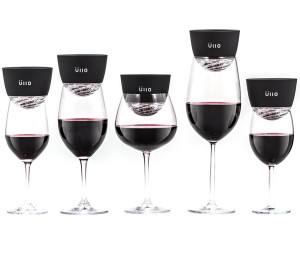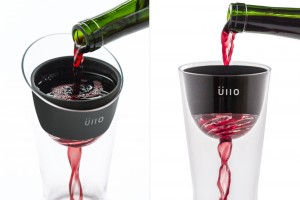What if we could give older people a young person’s blood to make them feel or look younger? A scene straight out of Dracula probably comes to mind. When we think about the advancement of stem-cell research and repairing worn body parts, this concept does not seem very far off. What I would like to research (my hypothesis) is that young blood could cause an older person to feel young. This is also my alternative hypothesis and my null hypothesis is that young blood would not have an effect on an older person.
There were several studies from Harvard Stem Cell Institute and Stanford University which involved experiments on young and old mice. The Harvard Stem Cell Institute found that as cells in a mice’s body age, they send out changed signals to stem cells which causes less production in blood cells. Their experiment was fusing a young mouse’s blood with an aged mouse’s blood and seeing what affect there was on the older mouse. They found that there could be a reverse effect on the signals sent to stem cells. The stem cells could be told my newer blood to continue the production of blood cells. Young blood in an older mouse’s body lead to blood stem cells taking on younger stem cell characteristics and tissues appeared more youthful.
The Stanford experiments involved the same experimental setup, but they were focused on slightly different objectives. After infusing old mice with young blood, the mice performed better on spatial memory tests than old mice who had old blood. This experiment had a control group which did not receive new blood. The dependent variable was performance on the spatial memory tests and the independent variable was the type of blood the mouse had. Scientists of this study believe that young blood recharged the older mice’s brains.
In both of these studies, there was not information given on how many mice were tested or for how long the young blood would help the older mice. It also seems important to mention that mice have been the only animal tested for this and we are unaware of what effect would take place on humans. However, The Harvard Stem Cell Institute hopes to experiment on humans in the future and believes this could help those who suffer from Alzheimer’s. It was not mentioned whether young blood could make an organism appear younger so I think that image only comes from Hollywood movies. In conclusion, if an older person is offered an infusion of a younger person’s blood (and that person has been tested), it does not seem harmful to accept.















